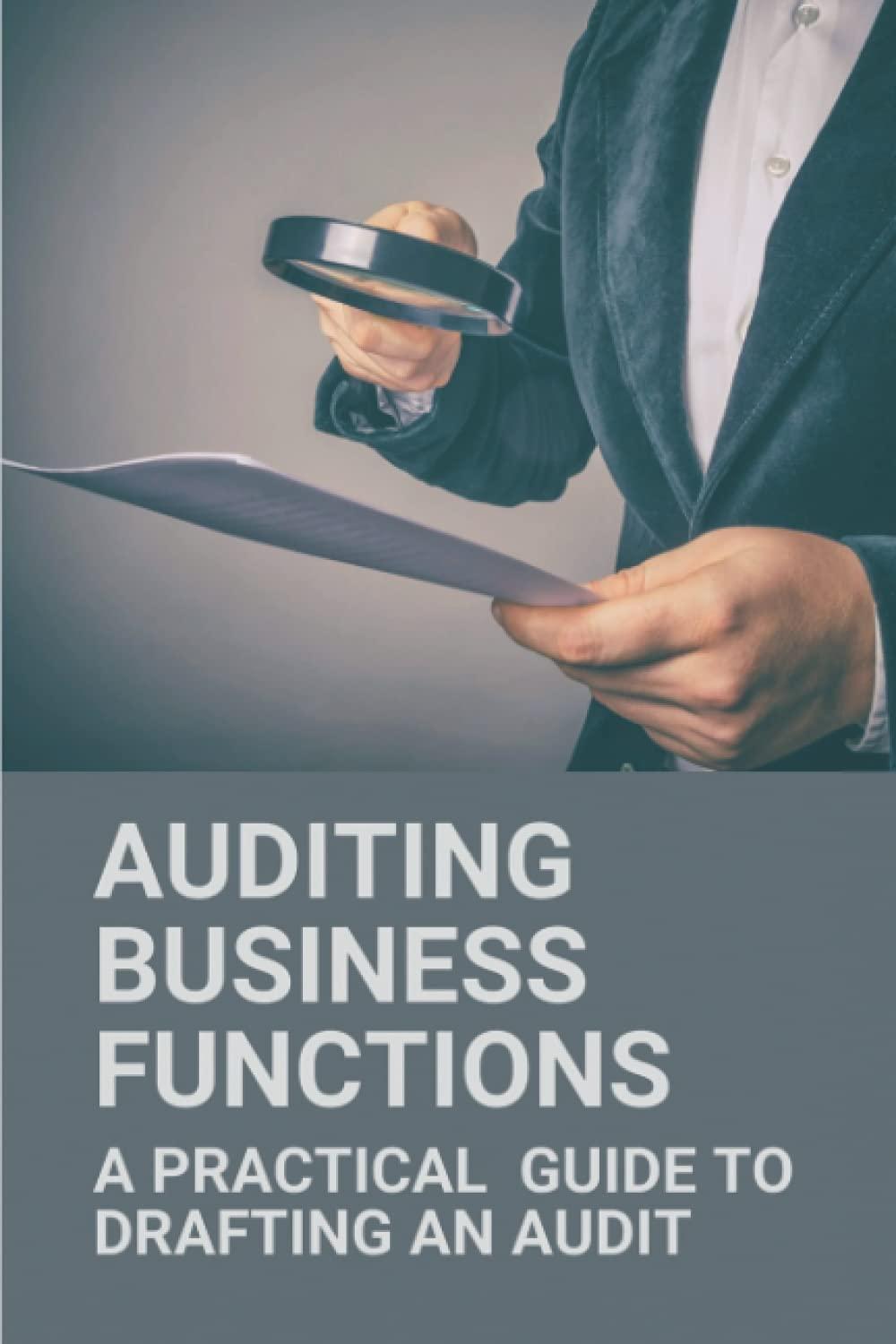
CASE: USING FINITE ARRANGEMENT TO FINANCE RISK Protect Inc. is looking for an alternative risk financing tool to manage their risk. The company is deliberating the option to arrange for a finite risk reinsurance (FRR) contract. As the risk consultant for the company, your job is to evaluate the feasibility of this option and advice the company if they should adopt the option. Protect Inc. then signed a FRR contract with Defend Re. The terms and conditions of this contract have been discussed and agreed as follow: The contract period is 5 years and the contract have an aggregate limit of $6m over the 5-year period. Premium will be paid at the beginning of each year and the amount of premium to be paid by Protect is $1.3m. As the reinsurer, Defend Re. will receive an annual 17% underwriting fee on the basis of each premium payment. An interest of 7.15% will be credited to the beginning balance in the account for each year. In case of any deficit in the policyholder's account, the policyholder will be required to pay 92% of any deficit in equal installments over the subsequent years. During the contract period, losses incurred and reported are $1.19m, $1.23m, $0.99m, $1.35m and $1.125m respectively at the end of each years. Tasks: a. Does the total claim amount exceed the policy limit? Explain your answer. b. Compute the cash flows that would occur over the five years (round off all amounts to the nearest dollar) c. How much is the equal annual installments that Protect Inc. must pay to Defend Re.? d. To what extent will Defend Re. cover the excessive amount? How do Protect Inc. deals with the excessive amount which is not covered by the FRR contract? Should Protect Inc. Sign the FRR contract? Explain your answer. CASE: USING FINITE ARRANGEMENT TO FINANCE RISK Protect Inc. is looking for an alternative risk financing tool to manage their risk. The company is deliberating the option to arrange for a finite risk reinsurance (FRR) contract. As the risk consultant for the company, your job is to evaluate the feasibility of this option and advice the company if they should adopt the option. Protect Inc. then signed a FRR contract with Defend Re. The terms and conditions of this contract have been discussed and agreed as follow: The contract period is 5 years and the contract have an aggregate limit of $6m over the 5-year period. Premium will be paid at the beginning of each year and the amount of premium to be paid by Protect is $1.3m. As the reinsurer, Defend Re. will receive an annual 17% underwriting fee on the basis of each premium payment. An interest of 7.15% will be credited to the beginning balance in the account for each year. In case of any deficit in the policyholder's account, the policyholder will be required to pay 92% of any deficit in equal installments over the subsequent years. During the contract period, losses incurred and reported are $1.19m, $1.23m, $0.99m, $1.35m and $1.125m respectively at the end of each years. Tasks: a. Does the total claim amount exceed the policy limit? Explain your answer. b. Compute the cash flows that would occur over the five years (round off all amounts to the nearest dollar) c. How much is the equal annual installments that Protect Inc. must pay to Defend Re.? d. To what extent will Defend Re. cover the excessive amount? How do Protect Inc. deals with the excessive amount which is not covered by the FRR contract? Should Protect Inc. Sign the FRR contract? Explain your







